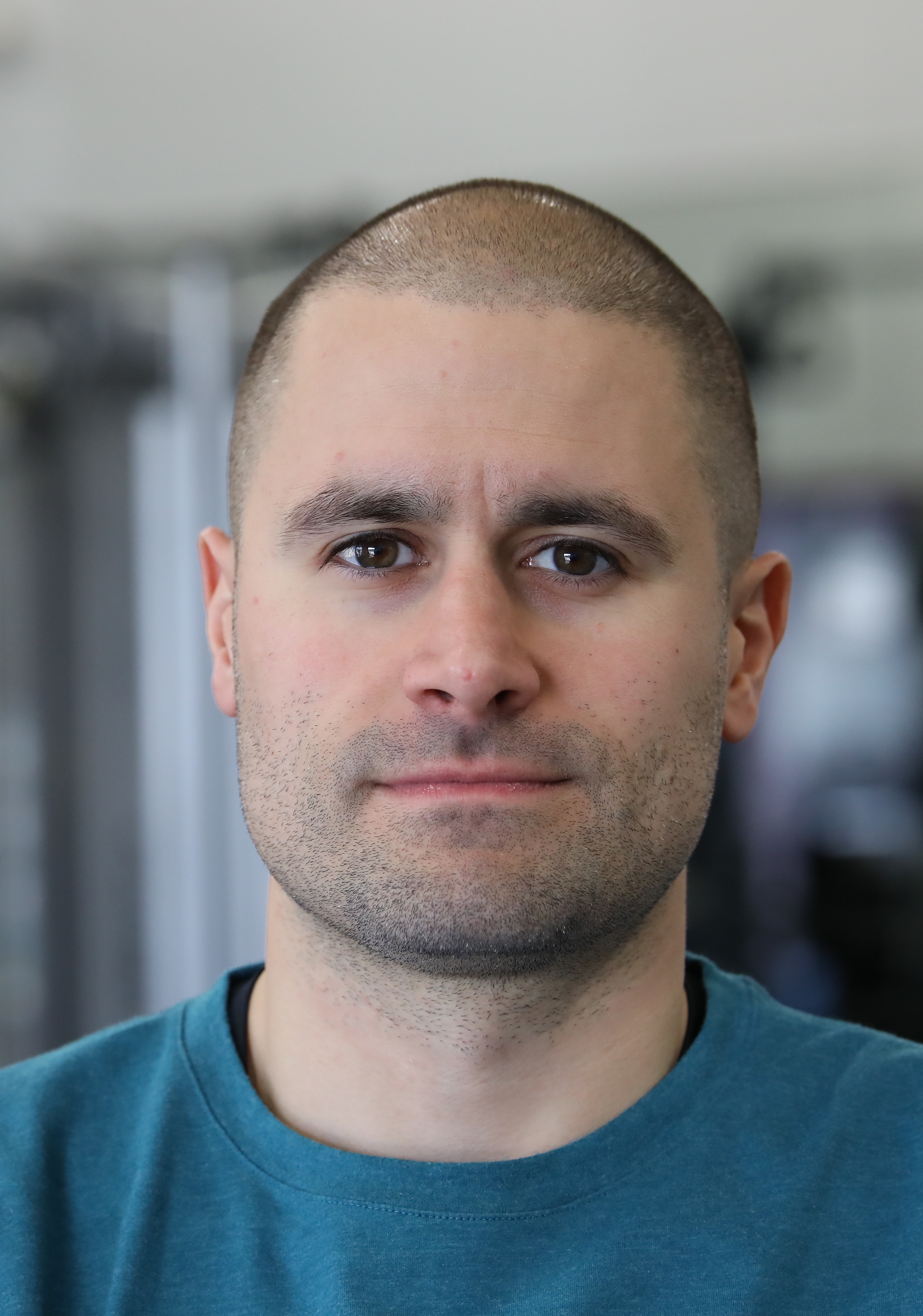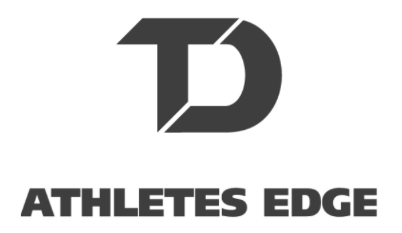STOP BLAMING INJURIES ON BAD LUCK
Whether you're an athlete, sport coach, strength & conditioning coach, rehab pro, or weekend warrior you can't afford to keep chalking up injuries to bad luck. As soon as you do that you're suggesting that all training, nutrition, and recovery strategies are all for show. In other words you believe that there's little you can do about frustrating and debilitating injuries.
Of course there are things that are not in your control, and at times plain old bad fortune exists in injury circumstances. Here's the deal though: The sooner you make the connection between injury and taking care of your body, the sooner you will start fending off unnecessary injuries.
When I think back to what lead up to the achilles injury that I suffered a year ago, it's clear that below par sleeping, nutrition, and training routines leading up to the injury were part of the equation. I preach everything training, nutrition, recovery, but I'm human, life gets crazy, and good routines get derailed at times.
The weeks leading up to my achilles injury I was not on my health and performance game. Don't worry, it's unlikely that a few weeks of travel, bad sleep, under training, and cobbled eating habits are going to result in a torn achilles tendon. At the same time that could be what pushes an injury like that over the top.
An injury should trigger an audit. You should be looking for what was missed or what was in the mix that contributed to this result. When I really think about why my achilles injury happened I come up with one thing that likely played a major role. I'll give you a hint, it wasn't bad luck.
I train others for a living, but when I audited my own workouts and training over the last few years I noticed a gap. I recognized that I had been inconsistent in direct loading/strengthening of the calf complex (specifically the achilles tendon).
Some may scoff at isolated calf/achilles tendon strength work saying that it's not functional (whatever that means) but it's key to tendon durability and health. For some reason I had overlooked this in the training/workouts I was doing for some time.
Takeaway: Injuries should trigger a nutrition, sleep/recovery, and training audit. A focused injury audit will allow you to identify the potential problem, change course, and get directed to better results moving forward. Blaming injuries on bad luck will only bring more bad luck.
Like what you read?
Sign up now to get the latest tips and advice
Tim DiFrancesco, PT, DPT, ATC, CSCS, spent 6 seasons as Head Strength & Conditioning coach of the Lakers and is renowned nationally for his evidence-based and scientific approach to training, nutrition and recovery for athletes and fitness enthusiasts.
For training and nutrition advice, follow us on:
• Twitter http://twitter.com/tdathletesedge
• Facebook http://www.facebook.com/tdathletesedge
• Instagram http://instagram.com/tdathletesedge
• YouTube https://www.youtube.com/user/tdifranc1
• Sign up for our newsletter and follow our blog at http://www.tdathletesedge.com
ABOUT THE AUTHOR

Tim DiFrancesco, PT, DPT spent 6 seasons as the Head Strength & Conditioning Coach of the Los Angeles Lakers and is the founder of TD Athletes Edge. He is nationally renowned for his evidence-based and scientific approach to fitness, training, nutrition, and recovery for athletes and fitness enthusiasts.
